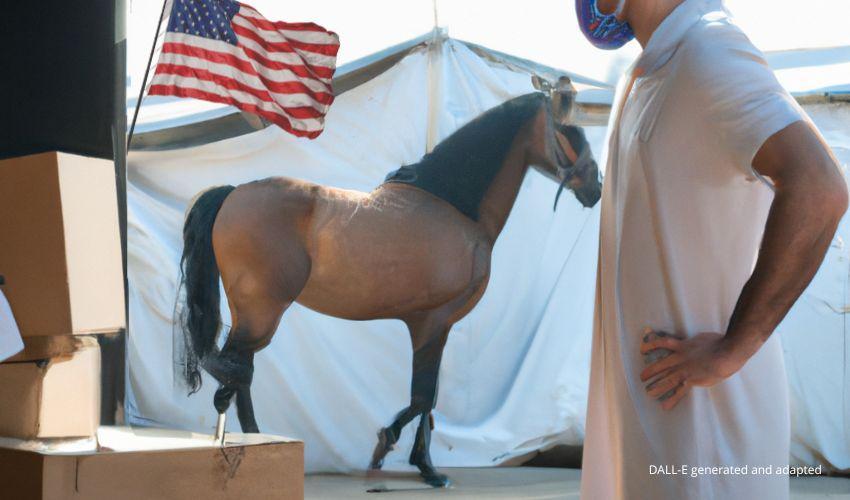
The Issue with a Gift Horse Is not the Mouth, but the Passport
PUBLIC PERCEPTION OF THE MOTIVES BEHIND WESTERN FUNDED AID PROGRAMS IN EGYPT REDUCES THEIR RATE OF APPROVAL, RENU SINGH AND SCOTT WILLIAMSON OBSERVEA research project conducted in Egypt shows that respondents are more doubtful about humanitarian aid when they know that it is funded by American or French development agencies rather than the Egyptian government. This is one of the key findings of Where Is the Money From? Attitudes toward Donor Countries and Foreign Aid in the Arab World, a paper by Renu Singh and Scott Randall Williamson of Bocconi’s Department of Social and Political Sciences.
Although aid to developing countries has become a foreign policy tool, its main objective is indeed to provide relief to disadvantaged populations. How these programs are seen by their intended recipients, however, is still rather poorly investigated and understood. This is a matter of crucial importance, as diminished confidence in such a program can seriously jeopardize its implementation or, at the very least, reduce its effect.
Egypt is a prime example. The United States spends hundreds of millions of dollars every year in aid to Egypt, where hostility towards America is widespread, as is the case in other Arab countries. As a matter of fact, such a massive aid effort is partly driven by the idea that it can help reduce this prejudice. To investigate whether this is the case, Singh and Williamson designed an experiment conducted online with a sample of Egyptian respondents to test how and why the lender’s identity shapes public opinion toward humanitarian aid programs. Each survey respondent read two cards in which a hypothetical public health project was said to be funded by the United States Agency for International Development, the French Development Agency, or the Egyptian government. Respondents were then asked whether they were in favor of the program described, and whether they would be willing to use it.
The results show that presumed U.S. funding reduced approval for the programs by 0.12 points on a 7-point scale, while French funding reduced approval by 0.10 points. These results are small, but statistically significant. In addition, the international funding of treatments had no discernible effect on respondents’ propensity to say that they or their family would use the programs.
“The slightly more positive view of Egyptian-funded programs is to some extent unexpected, considering that the local government is largely considered corrupt and incompetent.” says Renu Singh. “This can be explained not so much in terms of appreciation for their own government, but rather as mistrust of the real motives behind a seemingly useful aid program, which appears to be even stronger than the dislike of the Egyptian government. Some respondents seem to think that America is actually trying to increase its influence over Egypt, rather than supporting its poorer population.” Scott Williamson adds that “there are good reasons to put your logo on the aid package, but this sometimes may undermine the main point, which is to help the poor.”
Renu Singh, Scott Williamson, Where Is the Money From? Attitudes toward Donor Countries and Foreign Aid in the Arab World, International Studies Quarterly, Oxford University Press, December 2022. DOI https://doi.org/10.1093/isq/sqac068
by Andrea Costa
